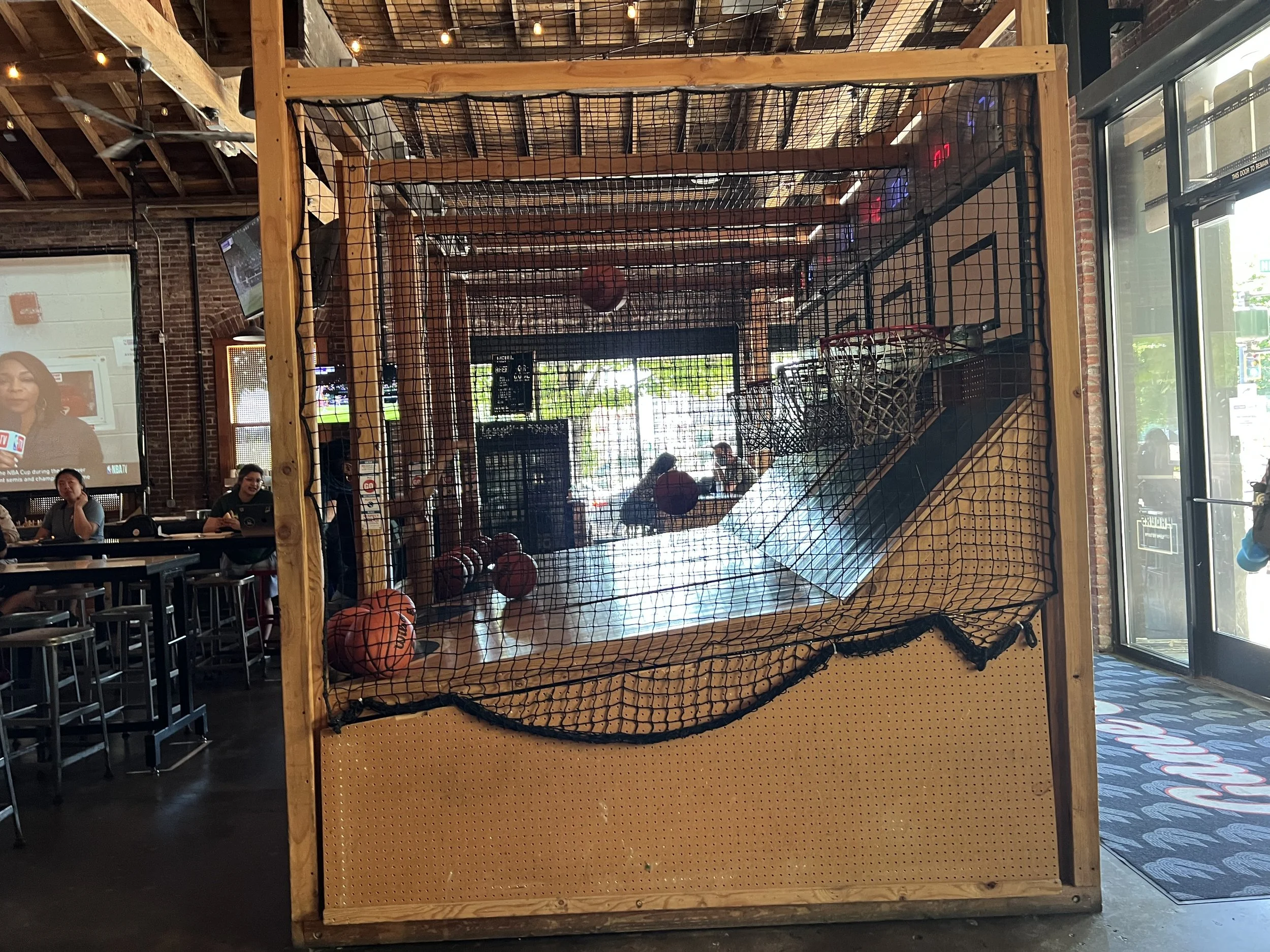
Enabling collective intelligence: FOSSY Day 4
Collective intelligence (CI) runs on contribution, but setting up a system to elicit collective intelligence isn’t easy. Many open-source projects are created and maintained by an individual founder, who sometimes claims the title of “Benevolent Dictator for Life.” It’s halfway a joke, pointing out the inherent tension between a participatory project and the unilateral actions it takes to set one up. Nothing is free – no margin, no mission. But figuring out how to distribute power quickly and effectively is essential to generate CI.

Building communities: FOSSY Day 3
Sometimes, projects fall victim to their success. An unexpected cash windfall or user influx can pressure a collective’s social and technical infrastructure. Anyone trying to shepherd a decentralized, collaborative project might feel overwhelmed sometimes. But help is out there. “When I was a boy,” said Mr. Rogers, memorably, “and I would see scary things in the news, my mother would tell me, "Look for the helpers. You will always find people who are helping.” Today at FOSSY 2023, we’re considering designing inclusive, sustainable spaces to encourage the diverse contributions that drive CI.

Defining Open: FOSSY Day 2
The internet’s most powerful engine of collective intelligence is at an uncertain point. The free and open-source software (FOSS) community emerged and refined its principles over twenty years during the early internet, co-evolving with regulation and technology. Decentralized movements need time to grow and adapt. But to adapt to advanced AI, FOSS needs 20 years’ worth of evolution in just a few months.

Designed for us: FOSSY Day 1
Within computer science, the free and open-source (FOSS) community has long provided an oasis for developers looking to protect the public good. The software that powers significant areas of our lives might be designed for us, understood by us, and tailored to our needs. Or… they might not. Open sourcing allows users to create something useful, then reap the benefits of collective intelligence (CI) as a decentralized community comes together to improve it. Bugs are found, features added, and UI smoothed. Win-win-win.